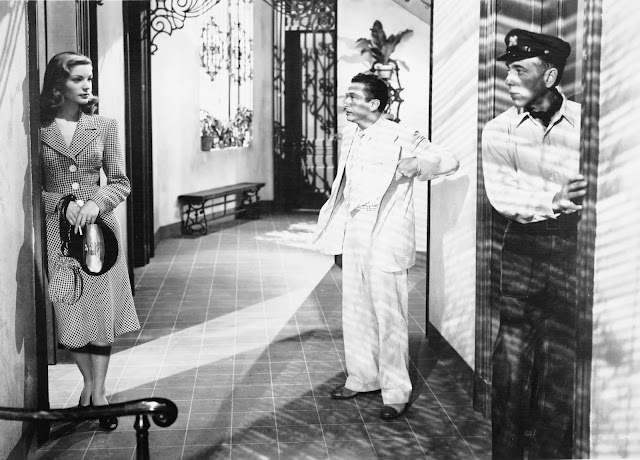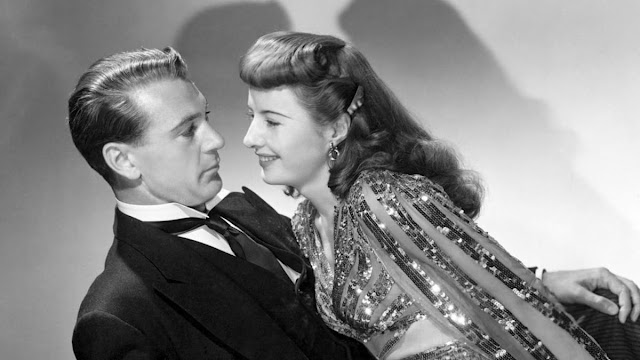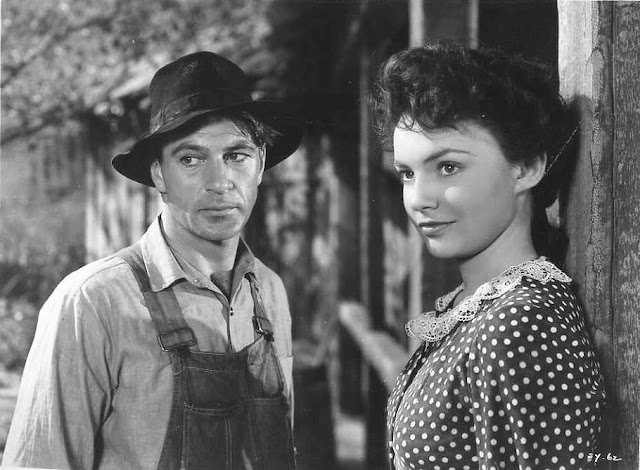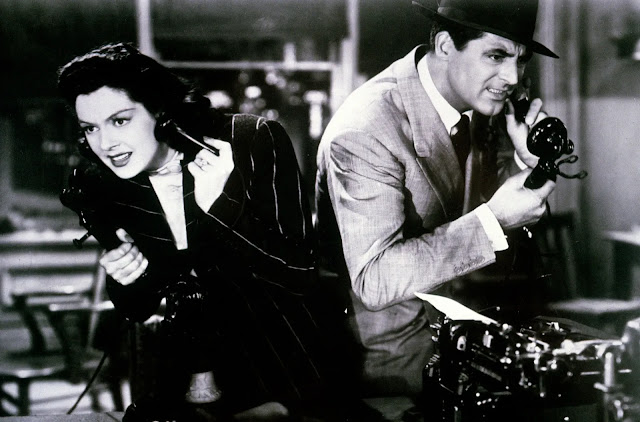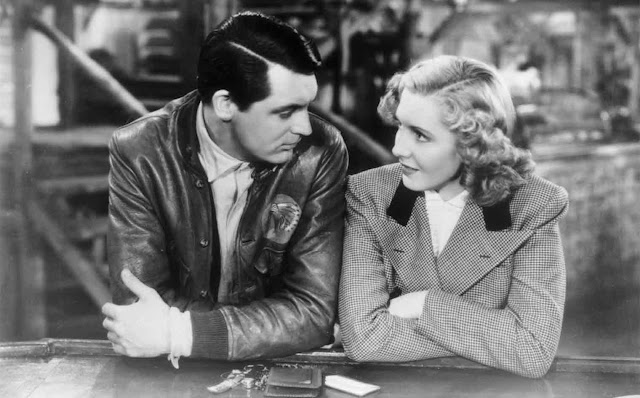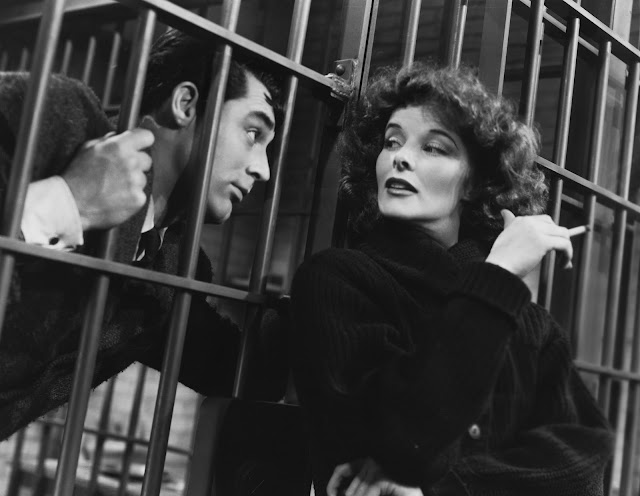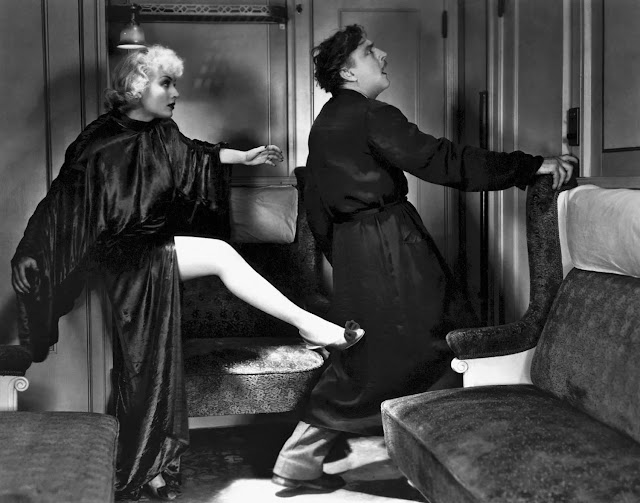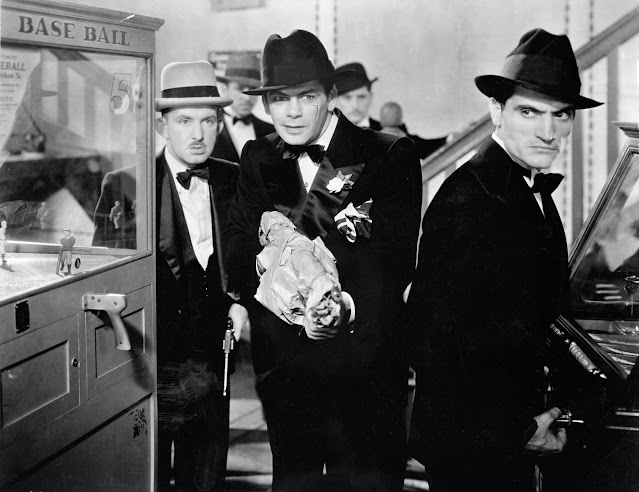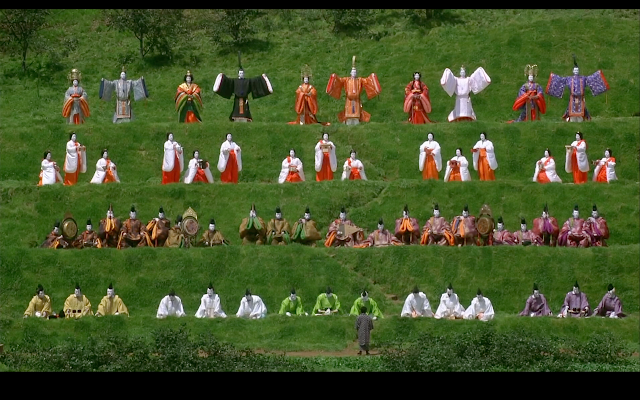The Big Sleep (1946)
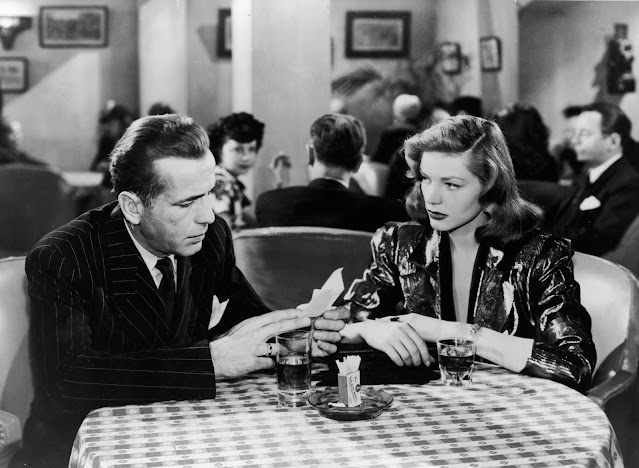
Howard Hawks' "The Big Sleep" After watching Howard Hawks' 1946 film noir " The Big Sleep ," I have to say that it is not one of my favorite film noirs. That being said, it was definitely the best Howard Hawks film I've seen thus far. It did not have the typical dark ending that permeates the whole film with bleak darkness, which probably made it a lesser noir for me. In fact, it felt more like a 'studio noir,' if that makes sense. I'm not going to go into the entire plot of the film, especially because the entire plot is incredibly convoluted. In fact, this was a major strike against the film at the time of its release. Many reported that they could not keep up with what was happening. I've got to say that, for myself, this was the case as well. I found myself having to rewind to figure out what exactly I missed or who was who. However, upon reflection, the convoluted plot may only add to the feverish intoxication of the film. Because...
